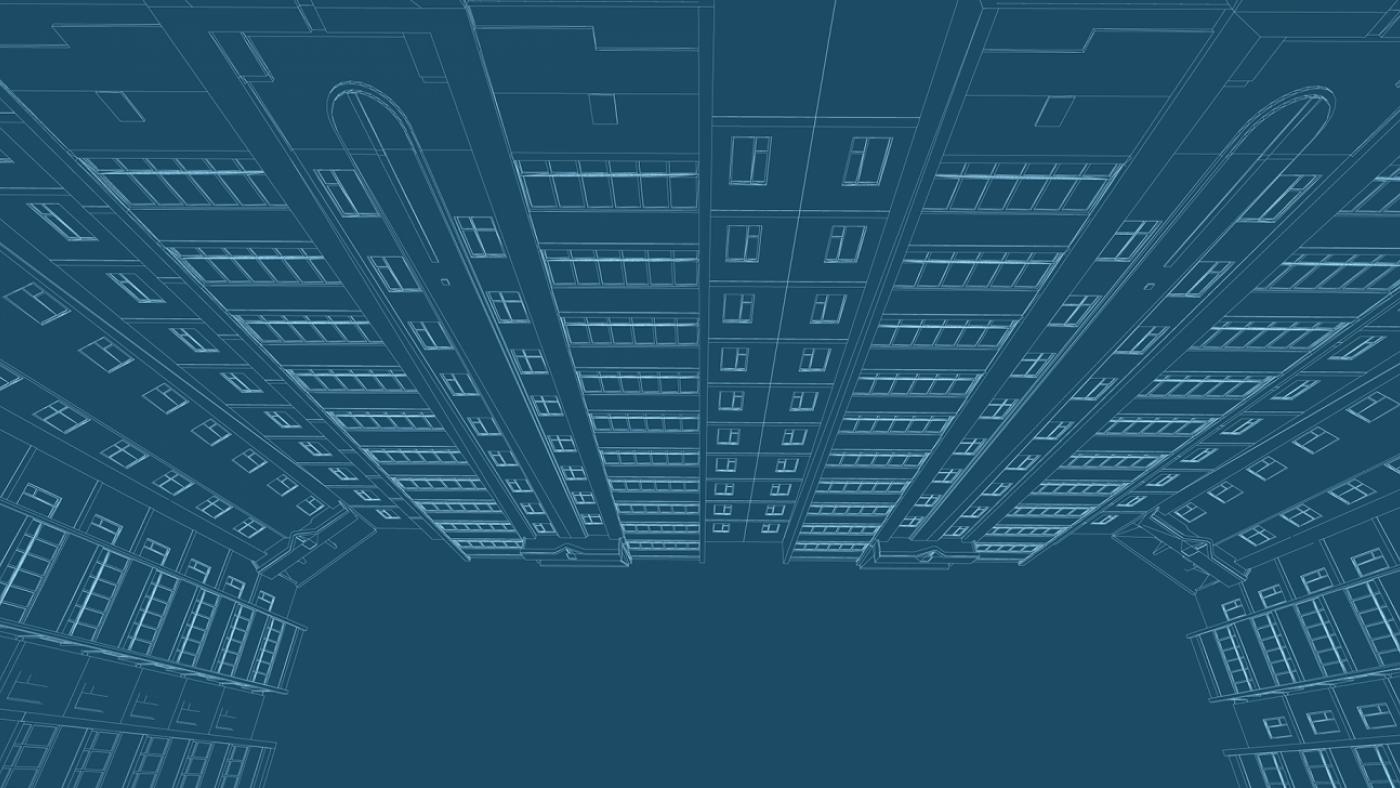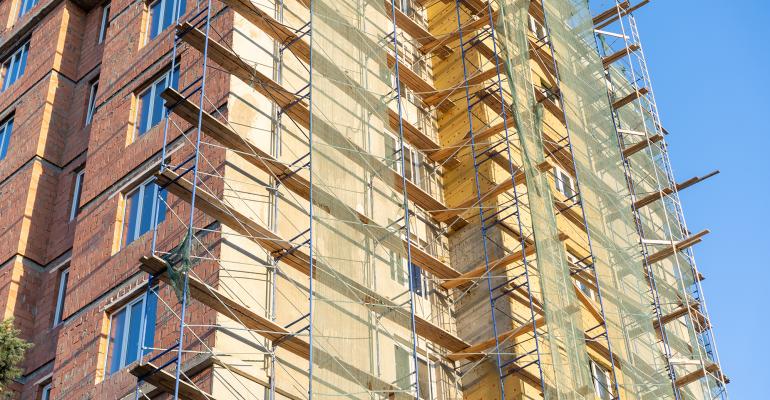Apartment operators are getting a reprieve from supply pressures. Developers slowed down new projects due to some of the uncertainty created by the pandemic. According to Moody’s Analytics Reis, construction has dropped sharply, with about 180,000 units anticipated to come online during 2021. Survey sentiment is mixed on whether there will be too much, too little or just the right amount of new supply. In all, 37 percent think there is the right amount, while 34 percent said too little, 18 percent believe there is too much.
“The reason you’re seeing mixed results is that it is really market dependent,” says John Akin, chief investment officer at Gables Residential. “Across the country as a whole, the demand is going to outstrip the supply. There is plenty of demand. But on a micro-market level or sub-market level, you can have pockets where supply has gotten heavy and it’s going to take some time to absorb,” he says. In aggregate, the supply and demand picture is very attractive for continued development and rent growth and job growth are both helping support that positive outlook, he adds.
Development is starting to pick up. For example, Gables Residential is now back in full production mode with a robust pipeline of about 2,500 units that the company is planning to start over the next 12 months. Some of those were projects put on hold during the pandemic, while others were in the development pipeline and previously planned for 2021 starts. “We did pull back to make sure we were being cautious. We wanted to complete the projects under construction and get through lease-up, which we did successfully,” says Akin. “Lease-up has picked up and been extremely strong in 2021, and we’re seeing lots of velocity with rent growth and a pullback on concessions,” he adds.
Gables Residential broke ground in July on Gables Union Market, a 300-unit apartment project located in the Union Market district of Washington, D.C. “Return expectations have had to moderate a little bit, but rent growth combined with compressed cap rates have really made the deals continue to pencil out despite the increase in construction costs,” says Akin.


